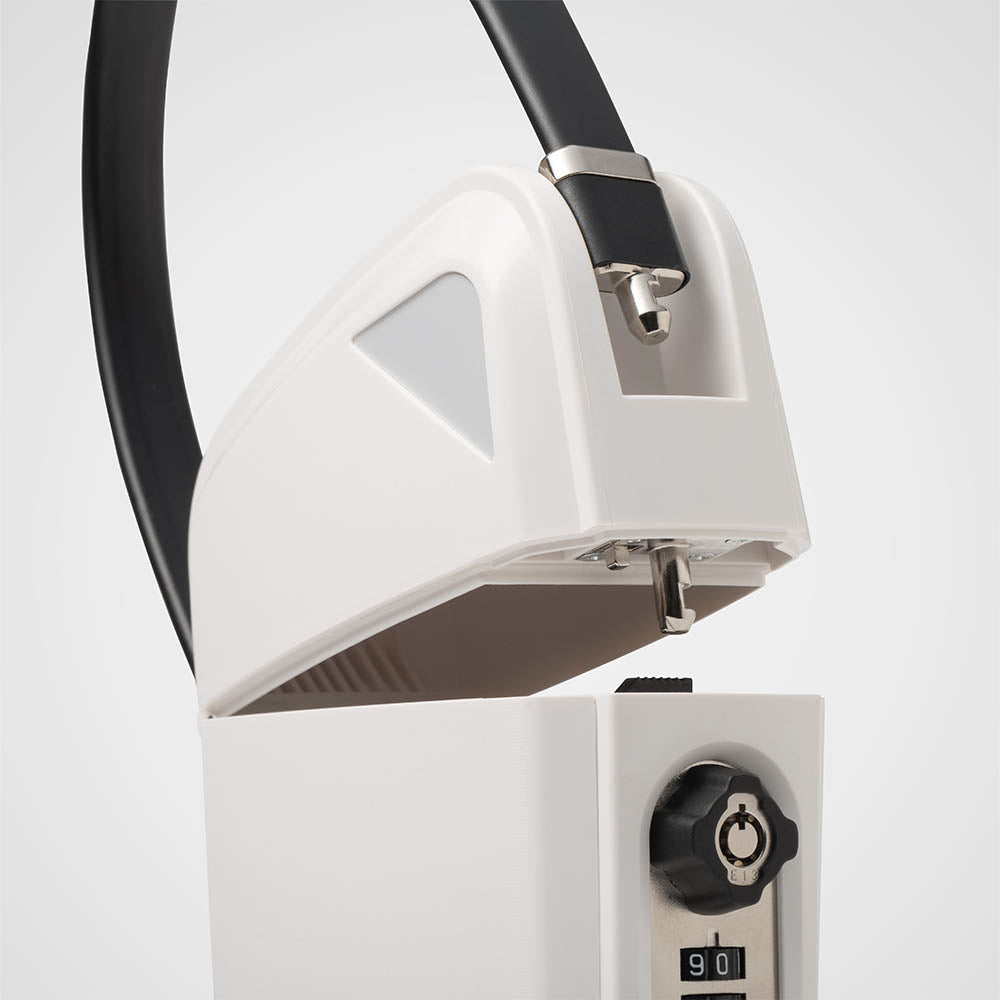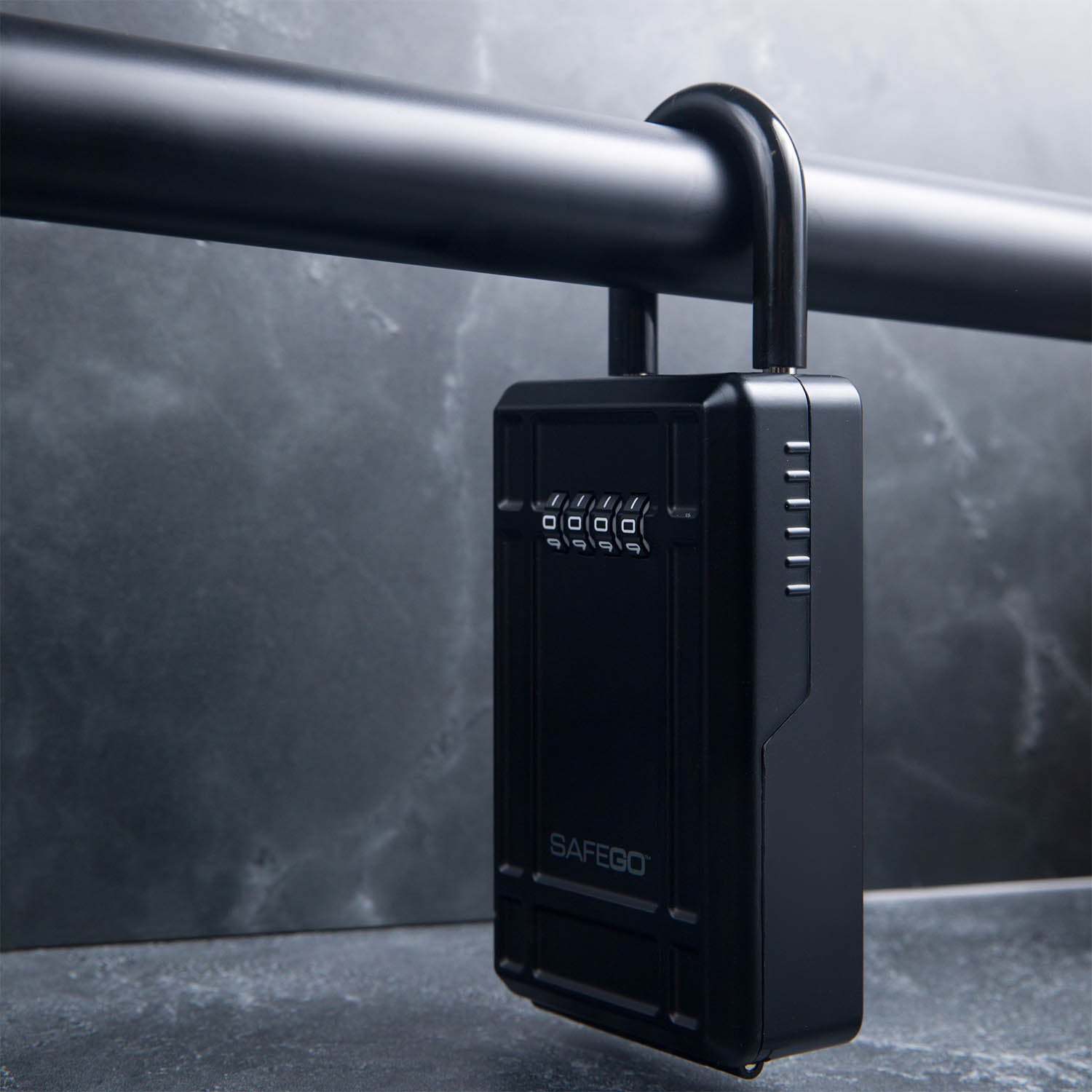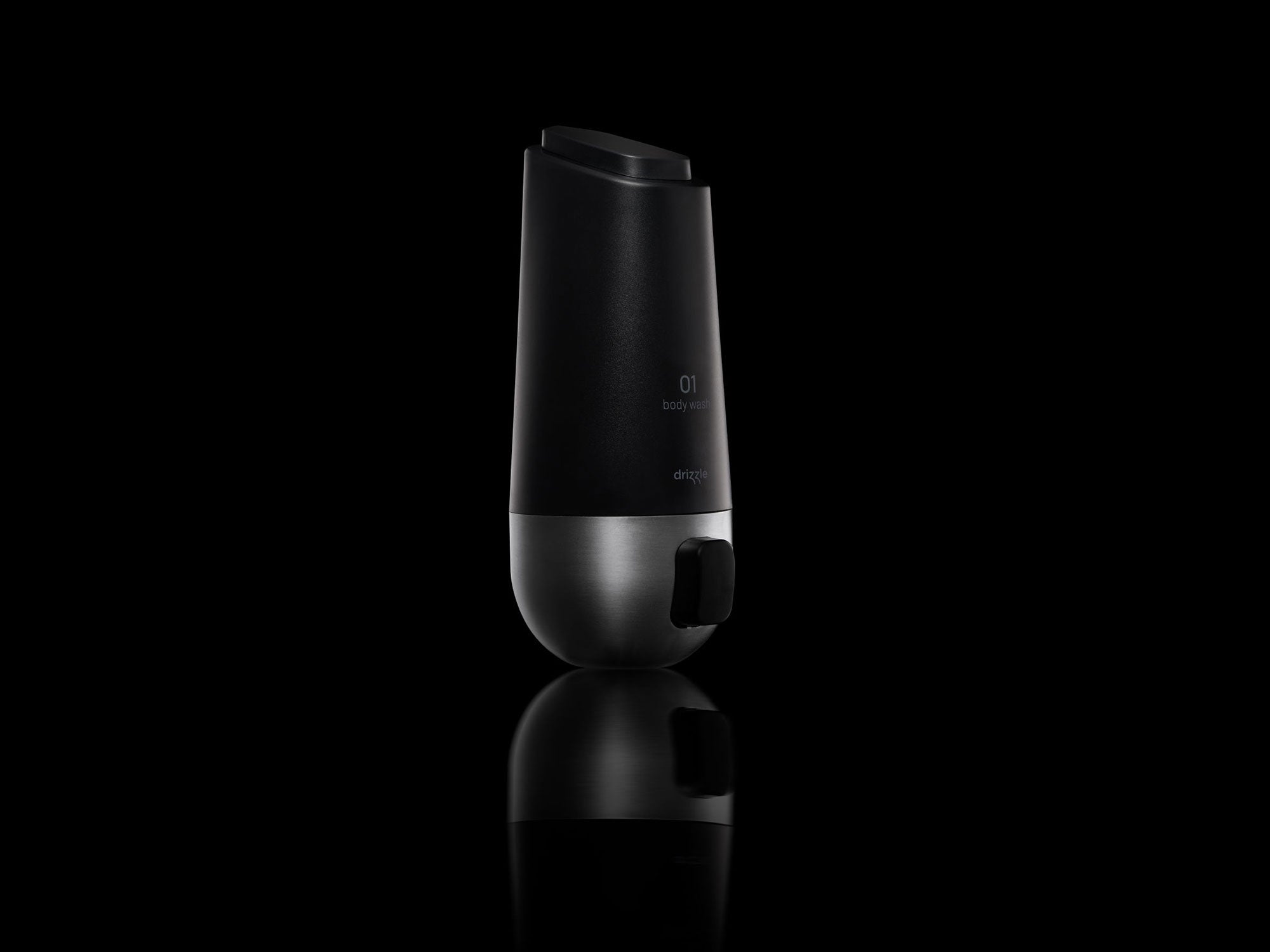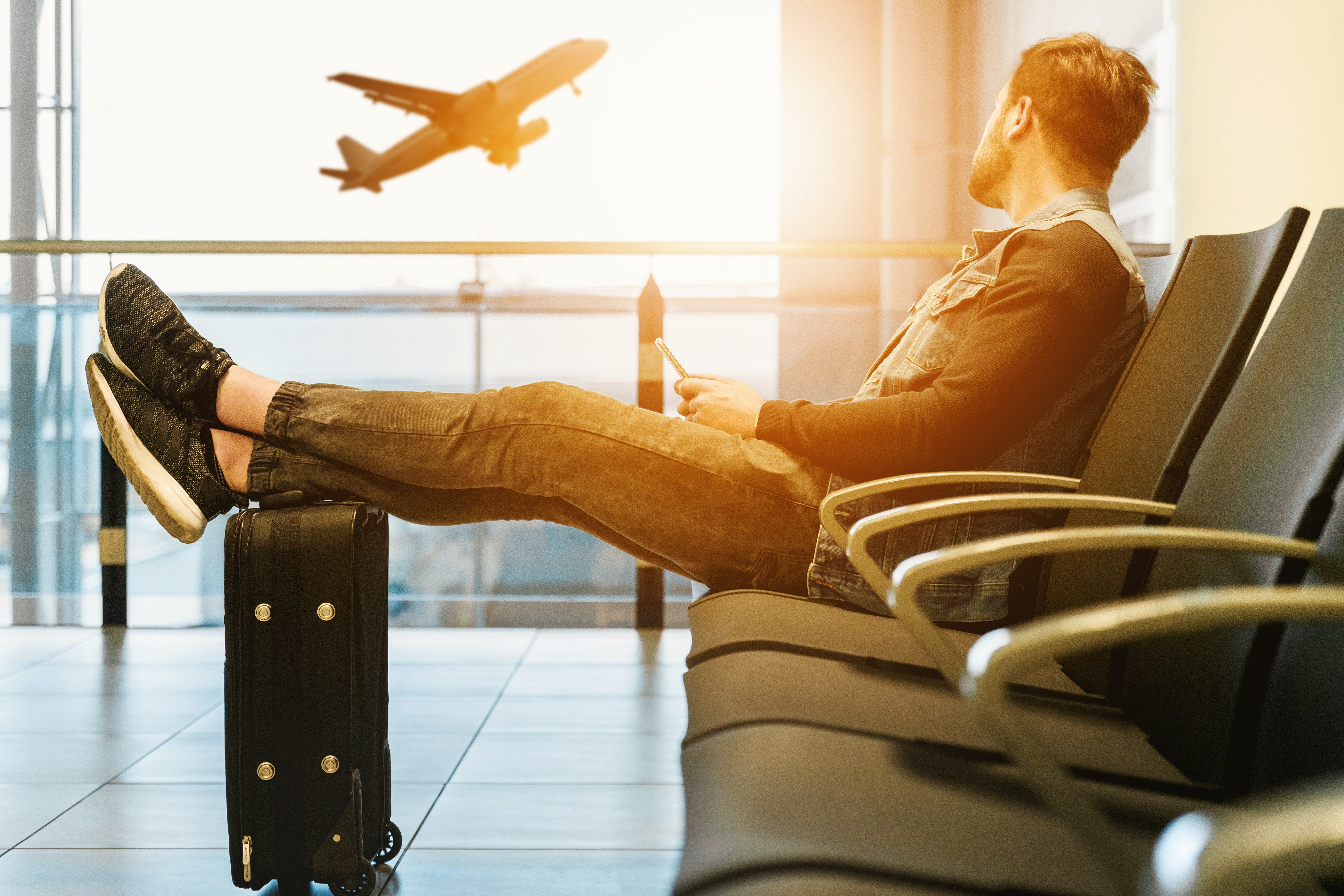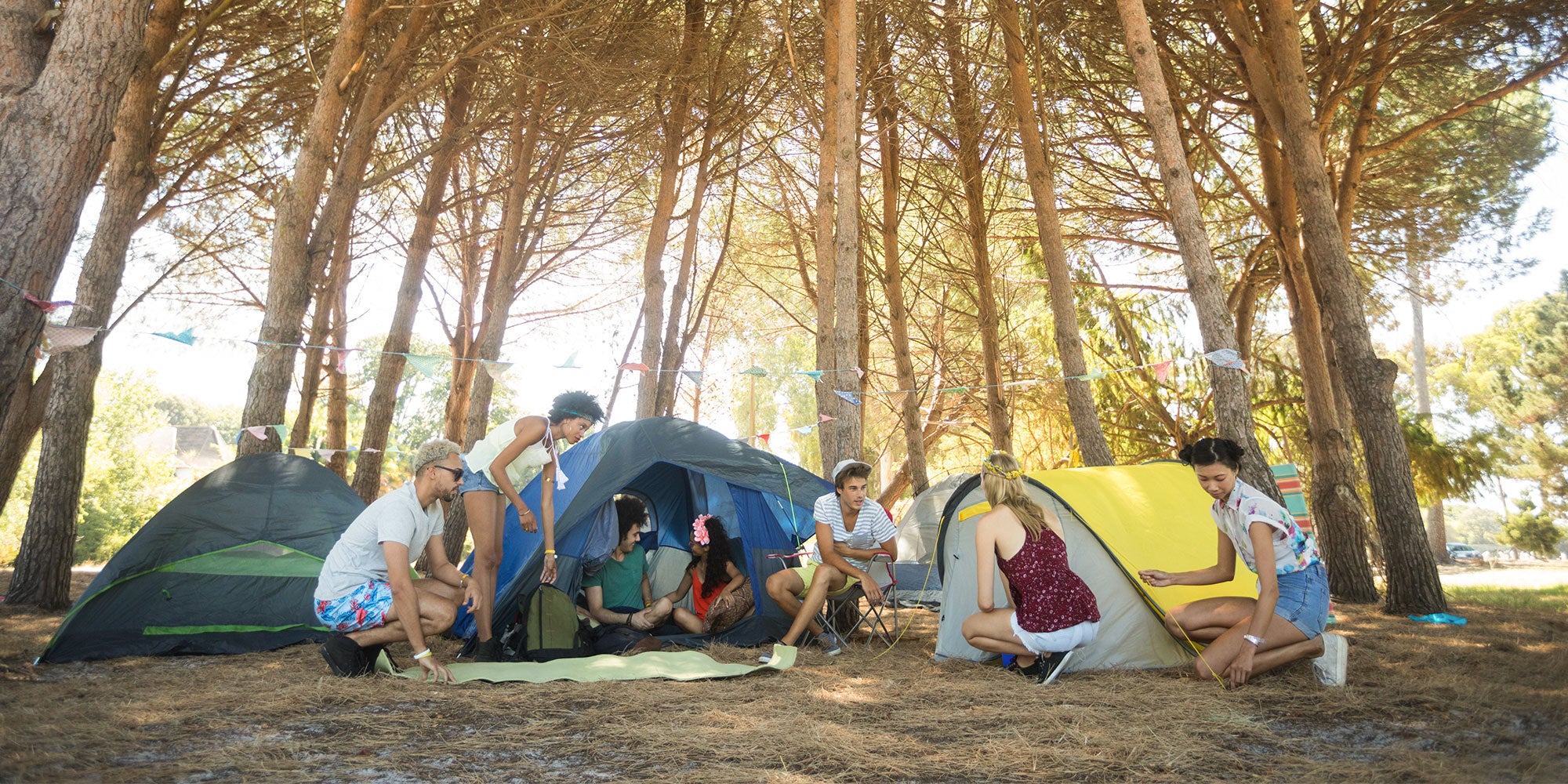
How To Keep Your Things Safe at the Campsite
We love camping and everything it involves. Exploring and enjoying nature, long walks, and gathering around a campfire are all fun. However, the party pooper is the looming threat of theft. Whether you’re car camping or backpacking, there’s always a risk that someone might swipe your things when you’re not looking.
A vast majority of campers are decent people who would go the extra mile to help fellow campers. But there’s no accounting for bad apples. Being alert and careful is the best strategy to use to keep your things safe. Here are some things you should do at the campsite.
1. Introduce Yourself To Your Neighbors
When you first set up the tent, take the time to introduce yourself to your neighbors. Introducing yourself and other members of your group is a good social practice, it is also practical. A conversation with your neighbors can give you an idea of how trustworthy they are.
Secondly, introducing yourself to the neighbors and seeing them will let both parties know who’s in the tent next to them. This way, any obvious intruder may be noticed. You could also ask the neighbor to watch over your tent when you’re away and return the favor when requested.
2. Keep Your Valuables Close
If you’re carrying valuable items, it’s a good idea to keep them where you can easily see and reach them. Phones, tablets, laptops, and other gadgets are obvious items to worry about. Many campers also carry expensive cameras and lenses that have to be protected. Camping gear itself is fairly expensive too.
Keep your valuables close and inside your tent. Consider careful packing and good camping storage habits to keep everything organized and close. It might not feel ideal to bring in shoes or the backpack, but they’re safer inside the tent.
All of us like to keep essential gadgets like mobile phone and watch close at hand. The same rules apply for camping as well. Even if you’re in a large tent, expensive gear should be within your hand’s reach.
Many tents have helpful pockets on their walls where you can place your gadgets. However, when it is sleeping time, get those gadgets off the walls and put them somewhere closer to you.
3. Get A Portable Safe
Small, valuable items should go into a portable safe. Your money, purse, keys, and other similar items can be stored inside the safe. It keeps valuables away from observation and offers better protection. Of course, these safes have their limits, but they can be deterrents.
If you do get a safe, ensure it is securely tied down to something immovable. It won’t help if the thief walks away with the safe! How useful a safe is depends on your own requirements. It’s a great choice when you’re car camping. It may feel like a burden if you’re backpacking and hiking.
In some settings, it is not possible to carry all expensive items on your own person or keep them in the tent or car. For situations like these, having a portable safe can come in handy.
4. Keep Things In Your Car
If your car is parked close to the tent, it is better to place the valuables in the car. For obvious reasons, cars offer greater protection than keeping things inside a tent. If you’re carrying a portable safe, even that could be securely placed inside the car.
However, be smart about storing things inside the car. Never keep any expensive items in clear view. Whether a person is walking by, or someone decides to peer in, they shouldn’t see anything expensive in the car. Small items can be hidden away from sight. Larger items like a cooler should be covered.
5. Don’t Leave Valuable Items Unattended
There shouldn’t be an occasion where your stuff is unattended and out of your view. Even if you’re camping alone and need a shower, find a way that will keep valuable items within view.
If that is not possible, consider depositing valuables with the campground office or security while you shower.
6. Pick Safe, Better Campgrounds
When picking campgrounds, check if they are safe. While thievery isn’t rampant at campsites, some amount of safety and vigilance is desirable. The presence of security cameras is useful. Some campgrounds also have guards who do occasional patrols for safety.
Check reviews of campgrounds to see if there’s anything remiss with their security. This is a great way to understand the campground services better. Reviews also provide a clear insight into any possible risks or troubles other people might have had with security and safety.
Of course, this isn’t available or even possible in many campgrounds. However, if you’re worried about theft, it certainly is something to consider. Also, avoid placing your tent at the edge or border of a campground. It’s easier for potential thieves to hit a tent on the periphery rather than go to the center of a large campground.
7. Don’t Forget Your Common Sense
Always take reasonable precautions. It’s just a part of being a responsible adult. Most of the time, it’s the little things that matter. Always make sure that your car/vehicle is locked, even if your tent is right next to it. Don’t keep small or expensive objects in clear public view. Don’t leave your belongings unattended, even if you’re going to be away only “for a second.”
If you brought a bike to camp, it should be tied securely to a tree or other permanent support when not in use. For some occasions, it might be necessary to dry or “air” your clothes and/or equipment. Do these things in the day when you can watch them. Don’t leave things to dry overnight and still expect them to be present in the morning.
Overall, some simple and careful planning can make your camping trip enjoyable. While there is no epidemic of thieves on the campgrounds, they aren’t places to be careless either.


